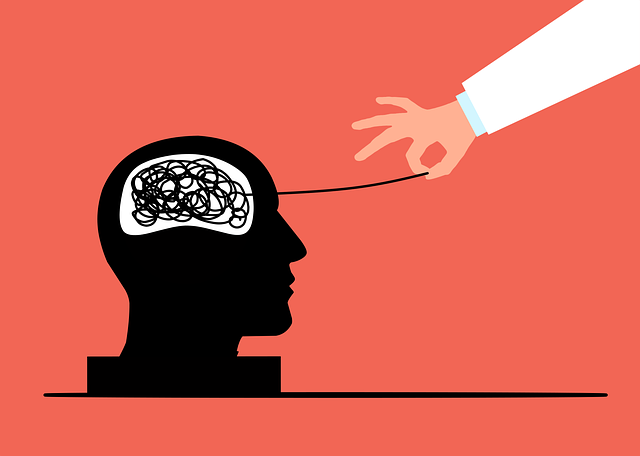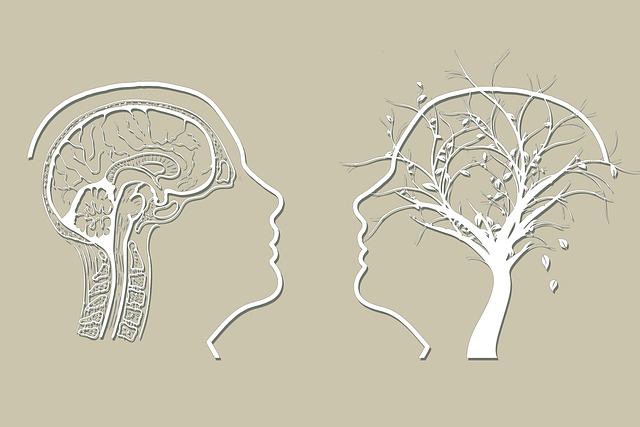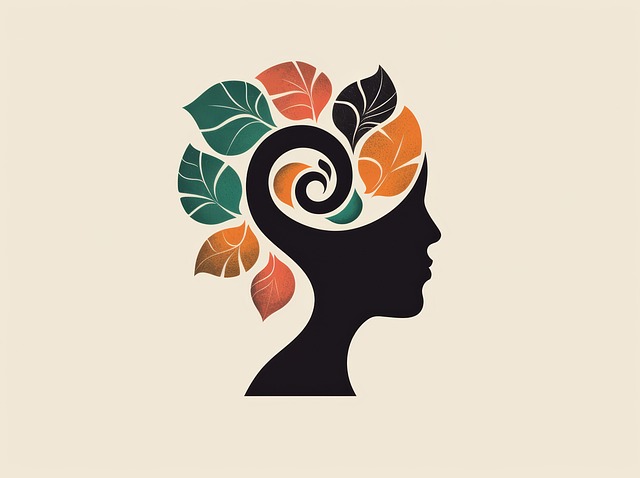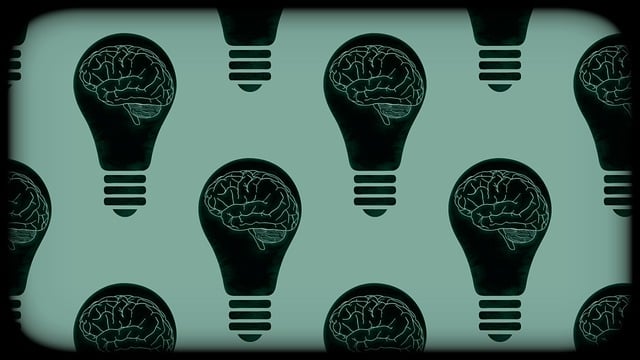Postpartum depression (PPD) is a global concern, but technology offers hope through innovative solutions like Golden Postpartum Depression Therapy (GPPT). Apps integrating mindfulness meditation, emotional healing processes, and cognitive-behavioral therapy provide accessible interventions during the crucial "golden period" for PPD treatment. These digital tools enhance mother-baby connections, empower resilience, and promote well-being. GPPT normalizes mental health conversations while ensuring privacy and security, revolutionizing care for new mothers. With ethical considerations in mind, app-based therapy has potential to expand beyond PPD, offering tailored support for diverse mental health needs.
Mental wellness app development is transforming the way we support mental health, especially in addressing growing concerns like postpartum depression (PPD). This article delves into the innovative world of digital therapy, focusing on the potential of Golden Postpartum Depression Therapy. We explore its role as a cutting-edge approach to combat PPD, while also dissecting key features that make an app effective. Additionally, we discuss ethical considerations and future prospects for app-based therapy, highlighting the transformative power of technology in mental health care.
- Understanding Postpartum Depression: A Growing Concern
- The Role of Technology in Mental Health Support
- Golden Postpartum Depression Therapy: An Innovative Approach
- Key Features of an Effective Mental Wellness App
- Ethical Considerations and Future Prospects for App-Based Therapy
Understanding Postpartum Depression: A Growing Concern

Postpartum Depression (PPD) is a growing concern globally, affecting new mothers and their families. It’s more than just baby blues; it’s a severe illness characterized by intense sadness, anxiety, and exhaustion that can significantly impact a mother’s ability to care for herself and her newborn. The golden period for intervention in PPD therapy is crucial, offering life-changing support through various therapeutic approaches.
One effective strategy gaining traction is incorporating mindfulness meditation and emotional healing processes into mental wellness apps. These tools empower new mothers to manage anxiety relief, cultivate resilience, and develop a deeper connection with their babies. By integrating evidence-based practices like mindfulness meditation, these apps can contribute to the overall well-being of both mother and child.
The Role of Technology in Mental Health Support

Technology has played a significant role in transforming mental health support and opening new avenues for effective therapy. One notable example is the development of apps designed to combat postpartum depression, offering a convenient and accessible approach to care. These digital tools provide a range of interventions, from cognitive-behavioral therapy techniques to mindfulness exercises, all tailored to address the unique challenges new mothers face. By leveraging features like personalized notifications, tracking progress, and delivering content in bite-sized formats, mental wellness apps cater to modern users’ preferences and ensure consistent engagement.
In addition to postpartum depression therapy, technology offers various strategies for burnout prevention among healthcare providers and effective stress management techniques. Apps that incorporate empathy-building exercises, mindfulness practices, and social support networks can significantly enhance well-being. By integrating these tools into their routines, professionals can reduce stress levels, improve resilience, and maintain a healthy work-life balance. This not only benefits individual practitioners but also ensures better patient care and overall public health.
Golden Postpartum Depression Therapy: An Innovative Approach

The development of mental wellness apps has paved the way for innovative therapeutic solutions, one such example being Golden Postpartum Depression Therapy (GPPT). This approach targets a specific and often overlooked demographic: new mothers experiencing postpartum depression. By integrating evidence-based practices into an accessible digital platform, GPPT offers a discreet and convenient way for women to receive support during this critical period.
The app’s design focuses on risk management planning, providing mental health professionals with tools to offer personalized guidance. Through interactive features, it promotes Mental Health Awareness by normalizing conversations around postpartum depression and offering Crisis Intervention Guidance for immediate assistance when needed. This innovative therapy has the potential to revolutionize care, ensuring that new mothers receive timely and effective support in their homes, fostering a sense of comfort and accessibility.
Key Features of an Effective Mental Wellness App

An effective mental wellness app should offer a suite of features designed to support users in navigating their emotional well-being. Key among these are personalized therapy sessions tailored to specific mental health conditions, such as postpartum depression. These sessions can be delivered through artificial intelligence or human therapists, ensuring accessible and affordable care. Additionally, integrating tools for self-assessment and tracking progress allows users to monitor their mental state over time. Features like mood journaling, mindfulness exercises, and guided meditations foster self-awareness and emotional regulation skills.
Beyond individual therapy, the app can facilitate community outreach program implementations and Mental Illness Stigma Reduction Efforts by creating safe spaces for users to connect, share experiences, and offer mutual support. Encouraging open dialogue and fostering a sense of belonging can significantly impact recovery. Moreover, incorporating educational content on topics like emotional intelligence equips users with coping mechanisms and promotes better mental health literacy. These combined efforts contribute to creating an all-encompassing digital therapy solution that addresses both personal and collective well-being.
Ethical Considerations and Future Prospects for App-Based Therapy

The development of mental wellness apps, particularly for conditions like postpartum depression, presents a promising future for accessible therapy. However, ethical considerations are paramount to ensure user safety and privacy. As these apps gain popularity, developers must prioritize transparency in data collection and usage, especially when dealing with sensitive personal information. Informed consent, secure storage, and clear communication about the app’s limitations are crucial elements of responsible development.
Looking ahead, the potential for app-based therapy extends beyond postpartum support. Incorporating features like social skills training and emotional healing processes can cater to a broader range of mental health concerns. By fostering inner strength development through digital tools, these apps can contribute to comprehensive wellness solutions. Future innovations may include personalized treatment plans, advanced tracking mechanisms, and seamless integration with professional healthcare services, ensuring that app-based therapy remains effective and ethical.
Mental wellness app development, particularly focusing on innovative approaches like Golden Postpartum Depression Therapy, holds immense promise in addressing growing mental health concerns. By leveraging technology, these apps can provide accessible and personalized support to those experiencing postpartum depression. As we look ahead, ethical considerations and continued research will be vital to ensure the effectiveness and safety of app-based therapy. Embracing these advancements could revolutionize mental healthcare, making it more inclusive and efficient in managing postpartum depression.











